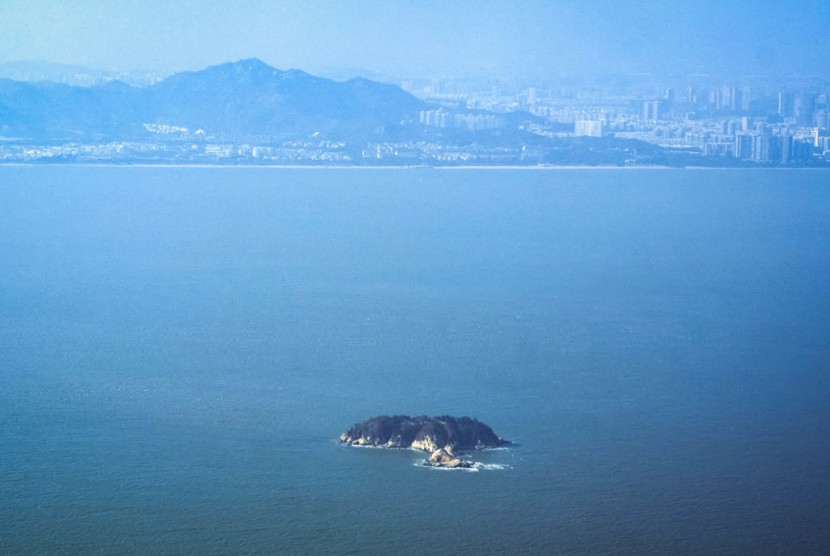
Chinese authorities have accused a United States navy ship of intruding into its territorial waters as the warship challenged Beijing's claims in the South China Sea amid rising tensions over the area.
On Thursday, the U.S. ship sailed past the disputed South China Sea islands, in waters that Washington said that Beijing had no right to claim. A spokesperson for the People's Liberation Army Southern Theater Command, Col. Tian Junli, said that Chinese forces "tracked, monitored, and expelled" USS Benfold after the Arleigh Burke-class guided-missile destroyer operated near the Paracel Islands.
South China Sea
The Chinese official said that the United States conducted the action without the "approval of the Chinese government." In a statement, Junli said that the American government's actions seriously "violated" China's sovereignty and security. He added that the Asian giant demanded that the U.S. immediately stop such provocative actions, threatening them with serious consequences of any unforeseen event resulting from the incidents.
The United States Seventh Fleet, which was based in Japan, said that USS Benfold asserted navigational rights "in the vicinity of the Paracel Islands, consistent with international law." The incident is the year's first freedom-of-navigation operation (FONOP) in the highly disputed area, Newsweek reported.
The USS Benfold conducted the operation, challenging restrictions on innocent passage and excessive territorial claims by claimant states, particularly China. The United States government responded to Beijing's criticism by saying that nothing "PRC says otherwise will deter us."
In an official statement released by the U.S. Navy, officials said that "unlawful and sweeping maritime claims in the South China Sea" posed a serious threat to the freedom of the seas. They argued that this included the freedoms of navigation and overflight, free trade and unimpeded commerce, and freedom of economic opportunity for the South China Sea littoral nations.
Despite the U.S. Navy conducting FONOPs regularly and around the world, not just in the South China Sea, Beijing has claimed sovereignty over large areas of the region. Chinese officials object publicly whenever such operations occur in the vicinity, Business Insider reported.
Highly Contested Territorial Waters
The Paracels Islands are a collection of 130 small coral islands and reefs that are located in the northwestern part of the South China Sea. The islands have no indigenous population and only house Chinese military garrisons that amount to roughly 1,400 people, based on CIA Factbook.
Additionally, Vietnam and self-ruled Taiwan claim the islands despite being controlled by China for more than 46 years. The islands have already been fortified with People's Liberation Army (PLA) military installations to ward off any potential "intruder."
The U.S. Navy's statement added that all three claimants required either permission or advance notification before a military vessel engages in "innocent passage" through the territorial sea. However, they noted that under international law, ships of all states, including warships, had the right to make innocent passage through the area.
A ship's assertion of freedom of navigation rights includes sailing within the 12-mile territorial limit from a country's coastline recognized by international law. However, the U.S. Navy singled out China for making what it called "straight baselines" that encompassed all the waters within the island chain, CNN reported.
Related Article:
© 2025 HNGN, All rights reserved. Do not reproduce without permission.








